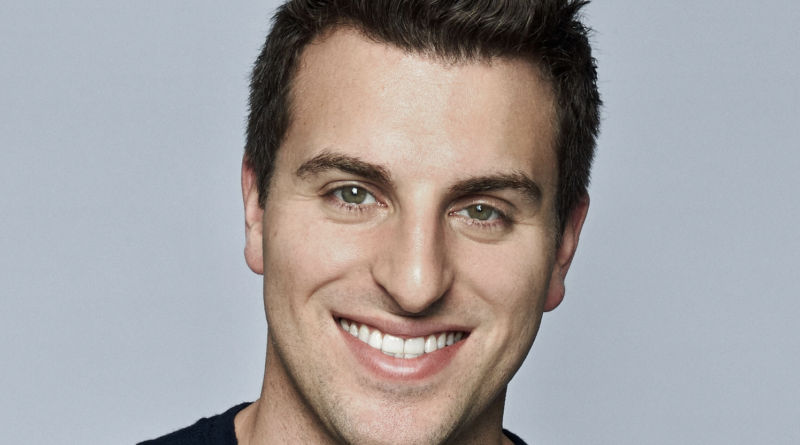US: Airbnb CEO and co-founder Brian Chesky says full-time office working is an anachronism, and said many hybrid working models aren’t effective.
In an interview with Time magazine’s Leadership Brief, Chesky said: “I think that the office as we know it is over. It’s kind of like an anachronistic form,” Chesky said during an interview with Time magazine’s Leadership Brief. “If the office didn’t exist, I like to ask, would we invent it? And if we invented it, what would it be invented for?
And speaking to Inc. magazine during a media round to promote changes to Airbnb’s search functionality to include searching by property type, Chesky elaborated: ”Obviously, people are going to still go to hospitals and work, people are going to still go to coffee shops and work — those spaces make complete sense. But I think that for somebody whose job is on a laptop, the question is, well, what is an office meant to do?”
He also expressed doubts about current hybrid working patterns, and referred to Airbnb’s recent decision to allow most of its staff to work from anywhere, with no salary cut as a result. “What a lot of people did is they create a thing called hybrid. And hybrid was two days a week or three days a week in the office – which kind of doesn’t give you a lot more flexibility than the old world. I thought maybe there was a different form of hybrid. Maybe instead of asking you to come in three days a week, which I don’t think will work because three days a week will become two days a week, and two days a week will become one day a week, and then everyone comes in the office a different one day a week. And so I thought maybe there was a different form of hybrid, where we combined the efficiency of zoom with the infrequency, but the meaningfulness of interpersonal interaction by getting together one week a quarter. And frankly, if that’s not enough, we can adjust it.”
Chesky added: “Most of the people saying that they want everyone back to the office are over 50. There’s just a demographic thing, like the older you are, the more inclined you are to be uncomfortable with the idea of flexibility and digitisation. I understand that. It’s a generational thing.”
Referring to Airbnb’s recent decision he added: “The best people don’t live in New York, they don’t live in San Francisco, the best people live everywhere. And some of them are in New York and San Francisco, but they’re really everywhere. And so as a CEO, I have to make a calculation. If I limit my talent pool to a radius near my office, does the increase in productivity of them being near my office overcome the lack of talent I can hire? In other words, if I can hire someone in Ohio, and they are twice as good, that means the person near me has to be twice as productive. Otherwise, I’m at a net loss. At the end of the day, I think talent wins, I think ultimately, people are going to make a calculation, that the efficiency of being in close proximity is less than the efficiency of having more capable people if they’re dispersed, because ultimately, every company is in the market for talent.”
“The last thing I’ll just say is the word technology basically means the word change,” Chesky added. “And if you’re unwilling to change, then you’re basically saying you won’t be around the future and we intend to be around for a long time to come.”








